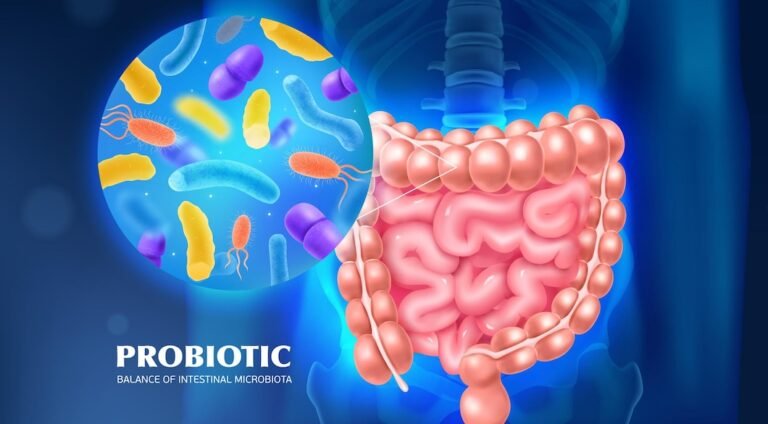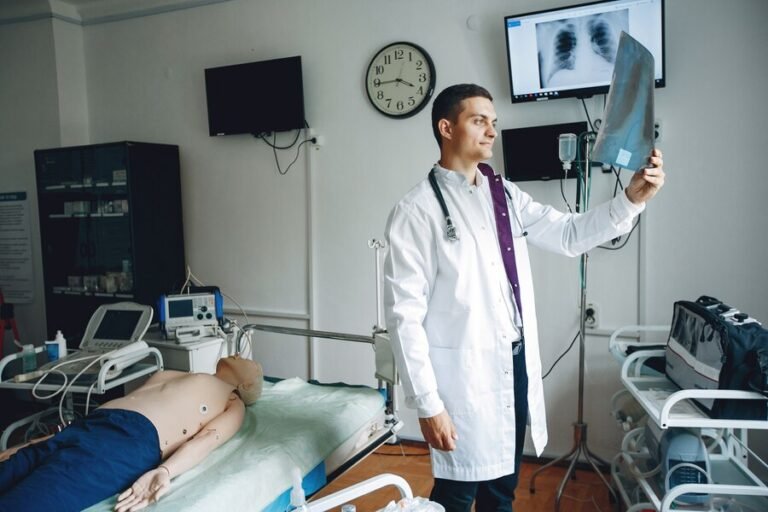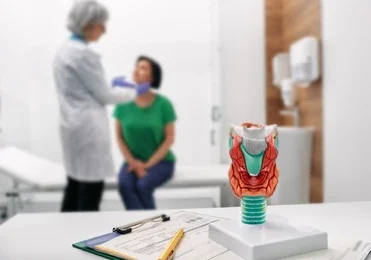Navigating the Landscape of Urological Cancer Understanding, Detection, and Treatment.
Urological cancers, which affect the organs of the urinary system, pose a significant health challenge globally. These cancers can manifest in various forms, affecting the kidneys, bladder, prostate, testicles, and other components of the urological system. In this article, we will delve into the world of urological cancer, exploring the nuances of its types, risk factors, diagnostic methods, and advancements in treatment modalities.
To Know More About It Please Click Here
Understanding Urological Cancers
- Bladder Cancer: Bladder cancer is one of the most prevalent urological malignancies. It often presents with symptoms such as blood in the urine, frequent urination, and pelvic pain. Smoking, exposure to certain chemicals, and chronic bladder inflammation are known risk factors for bladder cancer.
- Prostate Cancer: Prostate cancer affects the prostate gland, a crucial part of the male reproductive system. Risk factors include age, family history, and race. Early-stage prostate cancer may be asymptomatic, making regular screenings, such as the prostate-specific antigen (PSA) test, vital for early detection.
- Kidney Cancer: Renal cell carcinoma is the most common type of kidney cancer. Risk factors include smoking, obesity, and genetic predisposition. Symptoms may include blood in the urine, persistent pain in the side or lower back, and unintentional weight loss.
- Testicular Cancer: Testicular cancer primarily affects young men. While the cause is often unknown, risk factors include undescended testicles and a family history of the disease. Self-exams and regular check-ups are crucial for early detection.
Diagnostic Advancements
Advancements in diagnostic techniques have significantly improved the early detection of urological cancers, enhancing treatment outcomes. Key diagnostic methods include:
- Imaging Studies:
- Ultrasound, CT scans, and MRI imaging provide detailed views of the urological organs, aiding in the identification of tumors and their characteristics.
- Biopsy:
- Tissue samples obtained through biopsy procedures, such as cystoscopy or prostate biopsy, allow for precise cancer diagnosis and determination of the cancer’s stage and grade.
- Blood and Urine Tests:
- Biomarker tests, like PSA for prostate cancer, help in monitoring and early detection, while urine tests can reveal abnormalities indicative of bladder or kidney cancer.
Treatment Modalities
- Surgery:
- Surgical interventions are often employed to remove tumors and affected organs. Procedures range from transurethral resection for bladder cancer to radical prostatectomy for prostate cancer.
- Radiation Therapy:
- High-energy beams target and destroy cancer cells, commonly used for localized tumors or as adjuvant therapy post-surgery.
- Chemotherapy:
- Systemic drugs are administered to kill rapidly dividing cancer cells, either as a primary treatment or in conjunction with other modalities.
- Immunotherapy and Targeted Therapies:
- These innovative treatments harness the body’s immune system or target specific molecules involved in cancer growth, offering promising outcomes with fewer side effects.
To Know More About It Please Click Here
Conclusion
Urological cancers demand comprehensive understanding, early detection, and personalized treatment approaches. Advances in diagnostic technologies and treatment modalities are empowering both healthcare providers and patients in the fight against these malignancies. Regular screenings, awareness campaigns, and ongoing research play pivotal roles in reducing the burden of urological cancers and improving overall outcomes for those affected. As we continue to unravel the complexities of urological cancers, the collaborative efforts of medical professionals, researchers, and the global community hold the promise of more effective prevention, early detection, and treatment strategies in the years to come.








